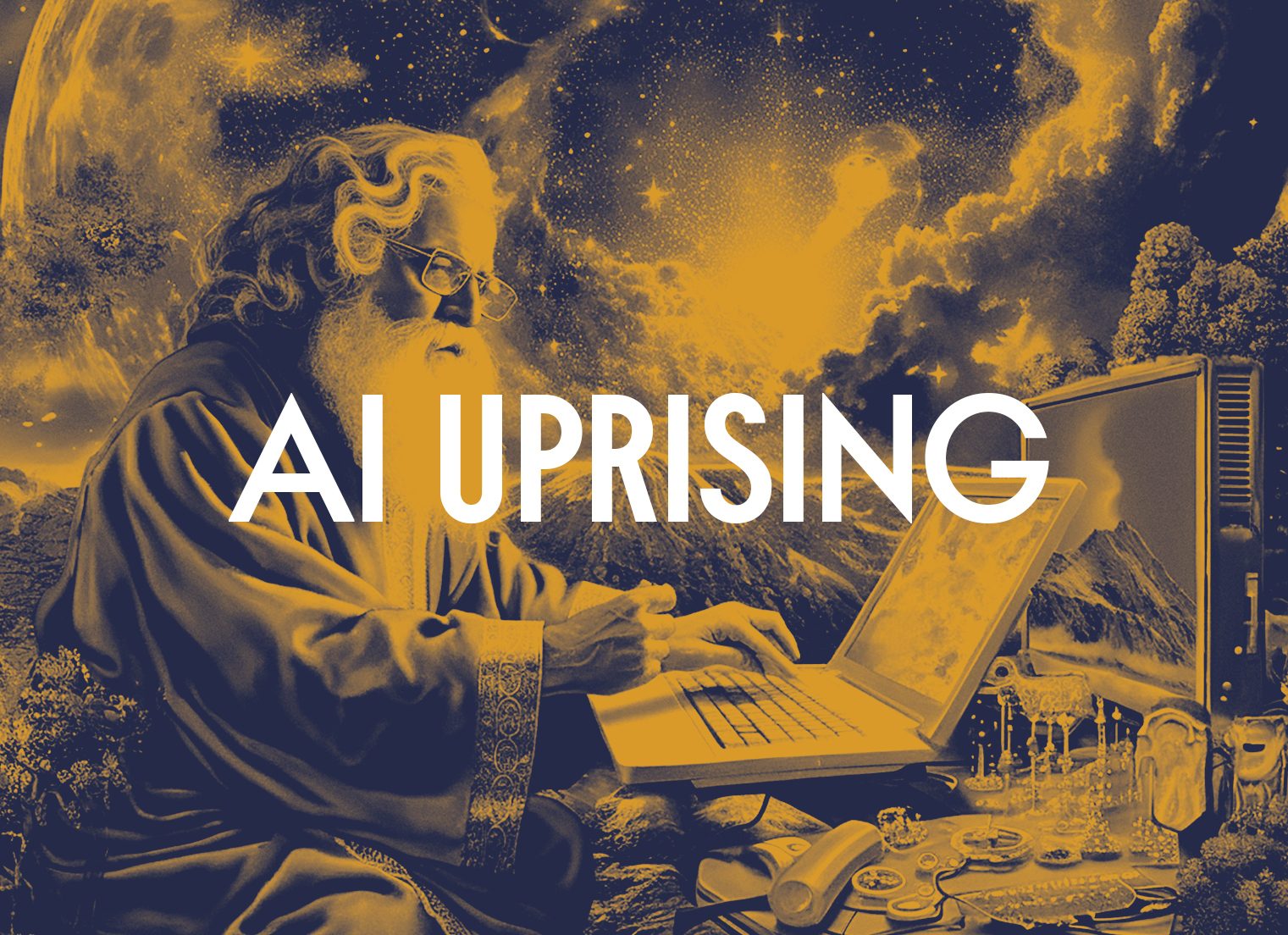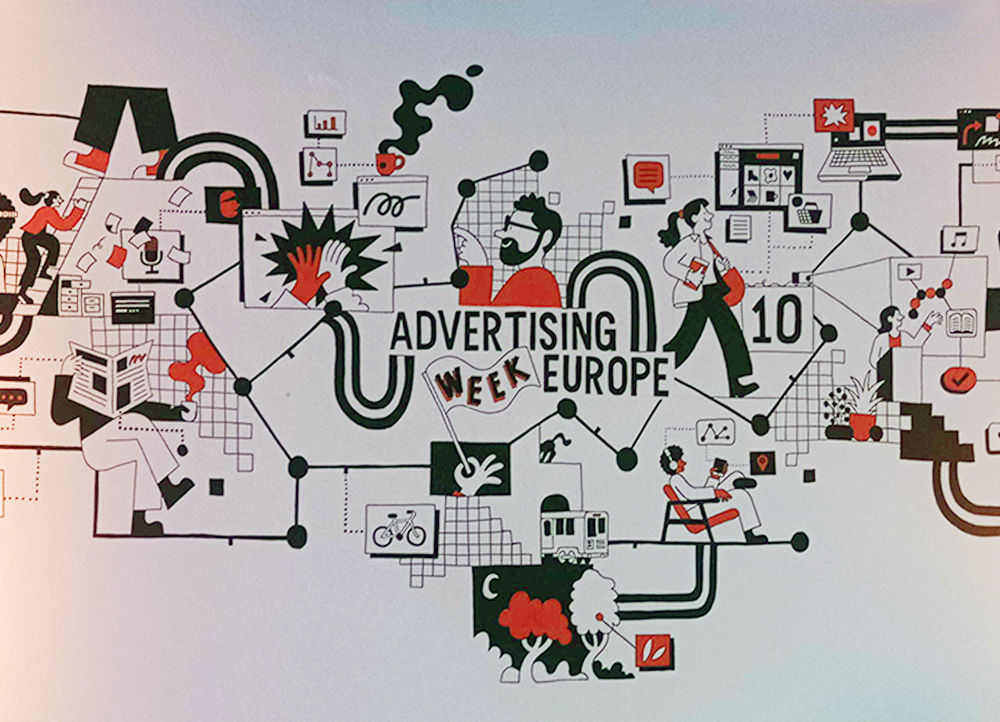AI’s future value or peril to society is as of today both unknown and unknowable. And this rather unnerving reality has sent ripples of panic across the globe as industry leaders and experts have been stepping forward to raise the alarm bells.
At no point in the metaverse-buzz of 2021-2022 did we worry that its creation might bring about the next revolution. In fact, even with 13 billion U.S. dollars investment in 2022, the metaverse didn’t become a truly integrated function in our daily working lives.
While the market is broadly saying RIP to Zuckerberg’s brainchild, the same is not likely to ever be said of generative AI. In fact, the enormity of the AI revolution was brought into focus just this week when it was compared by Senator Josh Hawley in Congress to the advent of the printing press revolution, or that of the atom bomb.
The Freak Out.
Since the launch of ChatGPT in November 2022, the rise of AI has been exceptional. The global market value of AI is nearly 100 billion U.S. dollars, and is expected to grow an astronomical twentyfold by 2030 (up to nearly two trillion U.S. dollars).
More hopeful projections assert future application as the tool to solve climate change, to cure cancer and advance scientific frontiers through vast data analysis, not to mention revolutionising business through advanced financial and market modelling.
But increasingly we’ve seen tech pioneers allude to its more sinister potential perils. The more immediate speculation lies in job displacement, misinformation, and challenges to copyright and privacy. And we’ve seen some fragments of regulation come into the fold across the globe in response. Italy recently banned ChatGPT citing privacy and GDPR concerns, and here in the UK the government launched their pro-innovation approach to AI regulation’ whitepaper in late March.
The US, however, while leading on tech innovation, has so far had a soft approach to regulation which has resulted in increasing pressure across the industry.
Back in March after Open AI released the new version of ChatGPT we saw over 1,000 industry experts and researchers, including Elon Musk and Steve Wozniak, sign an open letter demanding the pause on creation of AI models until we can be positive that risks are properly mitigated.
Fast forward a few weeks, and Google’s Geoffrey Hinton, nicknamed the “godfather of AI”, resigned earlier this month so he can speak freely about the dangers posed by this emerging tech, saying “I don’t think they should scale this up more until they have understood whether they can control it.”
Even Open AI’s own CEO, Sam Altman, told Congress he agrees on the crucial need for government regulation, which is lacking in the US.
These headlines have raised alarms across the globe to the darker potential risks of AI – in some speculative cases – to humanity itself. Evidently there is plenty of concern on a global scale with what comes next.
So, while governments race towards regulation, how do we best ready ourselves as marketers?
The Geek Out
While the urgent need for regulation exists, much can still be said for the value these new large language models can add to industries both at present, and their promise for potential application in future.
In this week’s Ad Week Europe, at London’s Picturehouse Central, AI was the hot topic of each day’s packed roster of speakers. In a fascinating conversation with Rebecca Eaves, Executive Director of Ad Week Europe, and Rose Bolam, Media Measurement at Lucid, AI was discussed from the workforce perspective. Cint survey results revealed that attitudes towards AI are significantly shaped by an individual’s experience with the technology. So, while regulation awaits, marketers must adopt the tech, test it, and prepare for deep integration in the near future.
Creatively, the evolution of text to image AI tools offers exciting potential. At this point, human direction is certainly critical to achieving creative excellence, but the use of AI in the creative process can provide useful brainstorming terrain. As Eaves put it, it’s about levelling up the starting point.
And future creative output is an exciting landscape to watch. Just this week, Tom Hanks on the Adam Buxton podcast said the technology could be used to recreate his image, ensuring he continued to appear in movies “from now until kingdom come”. He went on to say it’s not a question of if viewers will be able to tell or not, but if they will care. When the tools become advanced beyond the pitfalls of uncanny valley outputs, the question clearly becomes a philosophical one.
Considering the day-to-day work of marketers, there are many ways in which AI is already integrated in our ways of working.
Meta has also been heavily investing in large language models and earlier this year released LLaMA – their proprietary chatbot solution. But contrary to its rivals, and controversially, Meta has given away its crown jewels by making the source code publicly available to accelerate future progress.
Speaking at Ad Week Europe just this week, Derya Matras, Meta Vice President, was quick to point out the ways in which AI is already deeply integrated in our daily lives via algorithms, voice assistant, and smart homes to name a few. AI’s ability to understand human behaviour and preferences allows for tailored experiences that enrich our lives and save us time.
Turning to the near-future applications of AI in marketing, Matras pointed to three core areas where disruption will occur:
– Media – by managing and measuring business outcomes relative to marketing spend;
– Creative – by producing content so you don’t have to; and
– Messaging – by using large language models to support functions like customer service.
On balance, the AI revolution has the potential to fundamentally change our world for the better. Enhancing daily living, revolutionising industries, even saving our planet from climate change and us from disease. The risks, however, demand the most rigorous of regulation and scrutiny to safeguard us all against bad players and unethical practices where focus arguably lies more in the promised gold rush than in the possible social change. Ultimately, designing tech that is human-centric is going to be paramount to prudent integration of AI in society.
The geek out is going to be critical across industries to support and maximise understanding of the tech… as we navigate the inevitable freak out.
Share and tag us @alwaysbecontent








